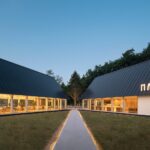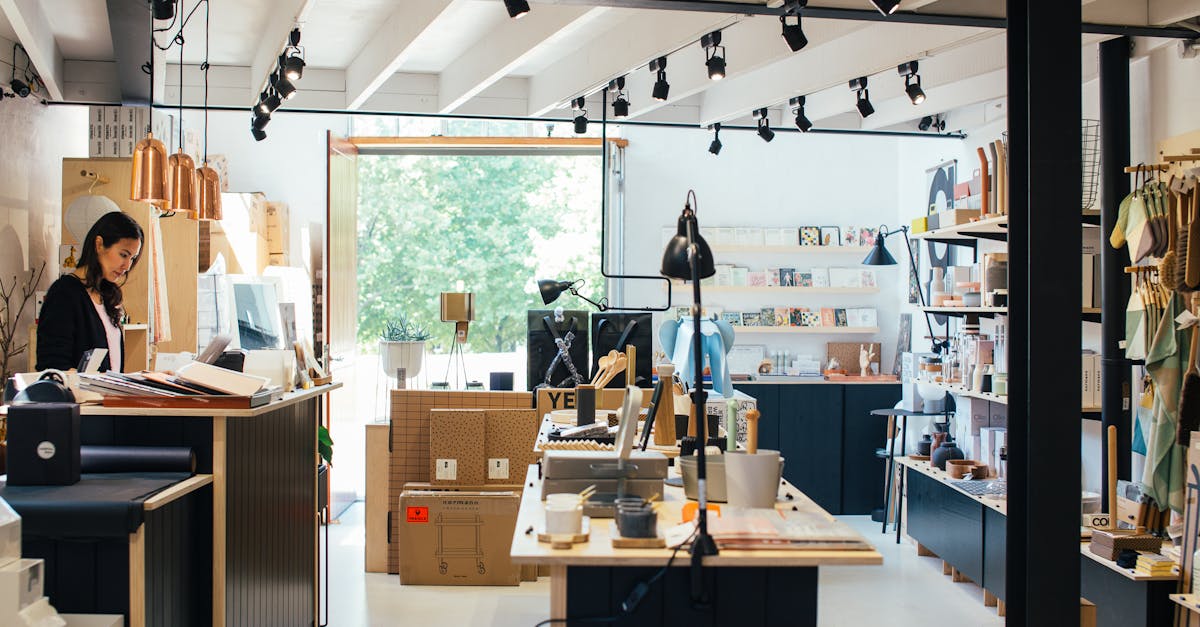- Home
- Articles
- Architectural Portfolio
- Architectral Presentation
- Inspirational Stories
- Architecture News
- Visualization
- BIM Industry
- Facade Design
- Parametric Design
- Career
- Landscape Architecture
- Construction
- Artificial Intelligence
- Sketching
- Design Softwares
- Diagrams
- Writing
- Architectural Tips
- Sustainability
- Courses
- Concept
- Technology
- History & Heritage
- Future of Architecture
- Guides & How-To
- Art & Culture
- Projects
- Interior Design
- Competitions
- Jobs
- Store
- Tools
- More
- Home
- Articles
- Architectural Portfolio
- Architectral Presentation
- Inspirational Stories
- Architecture News
- Visualization
- BIM Industry
- Facade Design
- Parametric Design
- Career
- Landscape Architecture
- Construction
- Artificial Intelligence
- Sketching
- Design Softwares
- Diagrams
- Writing
- Architectural Tips
- Sustainability
- Courses
- Concept
- Technology
- History & Heritage
- Future of Architecture
- Guides & How-To
- Art & Culture
- Projects
- Interior Design
- Competitions
- Jobs
- Store
- Tools
- More
May Day Cafe by SPACE DOT
Taepyeong-ri in Yeoju has long been a resting place for scholars on their way to Hanyang, pausing here during the strenuous journey to take the national civil service examination. The village, whose name translates to "great peace," still carries a sense of stillness and gentle rhythm—a quality that inspired the creation of Cafe MAYDAY.

Table of Contents Show
Taepyeong-ri in Yeoju has long been a resting place for scholars on their way to Hanyang, pausing here during the strenuous journey to take the national civil service examination. The village, whose name translates to “great peace,” still carries a sense of stillness and gentle rhythm—a quality that inspired the creation of Cafe MAYDAY.
From a distance, a long, majestic wall emerges—a presence both understated and dignified. As one approaches, the wall reveals itself like that of a noble mansion: firm, grounded, and restrained in its materiality. Between these walls, the sky becomes a framed canvas, alive with passing clouds, wind, and light—a landscape painted by nature itself.

The Embrace of Owolyi
At the end of the path along the wall stands Owolyi, a cedar tree with two branches reaching skyward from a single trunk. This tree became a symbolic and formal genesis for the architecture. Emulating its dual-reaching form, the buildings were shaped to cradle the sky while echoing the client’s wish: to create a space for complete rest.
Perched at the village’s highest point and near the trailhead of Daemyeongsan Mountain, the site offered potential but also bore the scars of altered topography. To reconcile this, the program was split across two volumes:
-
Building A discreetly houses kitchen and staff functions, concealing the site’s artificial terrain.
-
Building B opens on all sides to the natural ridgeline, framing expansive mountain views.
The architecture here does not seek to dominate the land but rather to heal, reveal, and reflect it.

Material Memory and Light
Stone and wood—once native to the site—are used throughout the interiors, restoring a tactile link to the lost nature beneath the foundations. Paired with calm white spatial voids, these materials create a harmonious dialogue of permanence and transience, warmth and lightness.
Water features on both sides of the building capture the changing sky, their still surfaces reflecting time, season, and wind. A generous window beneath the sweeping roof frames the landscape of Taepyeong-ri, while smaller side apertures allow sunlight to enter with the gentle modulation of passing days and years.
Multiple Meanings of MAYDAY
The name “MAYDAY” carries layered significance:
-
The gentle warmth of May, a time of spring and renewal
-
Labor Day, symbolizing rest and reprieve
-
The French distress call “M’aider”—a quiet plea for help and healing
These meanings converge in the architecture and the brand identity alike. Cafe MAYDAY is not just a place to drink coffee; it is a small sanctuary—a space for retreat, reflection, and reconnection.

A Forest Retreat Within Reach
With trees swaying just outside the window, and skies always in sight, the café evokes a quiet retreat in the woods. Visitors are invited to step away from the urban tempo and into the gentle rhythm of Taepyeong-ri—to find, if only for a moment, a personal kind of peace beneath the vast Korean sky.
- Architectural framing of sky
- Architecture and symbolic landscape
- architecture inspired by nature
- Architecture of stillness
- Building with cultural memory
- Café MAYDAY Yeoju
- Café with mountain views Korea
- Cedar tree architecture symbolism
- Daemyeongsan mountain café
- Design inspired by Korean heritage
- Healing architecture Korea
- Korean café architecture
- Korean forest retreat café
- MAYDAY café brand story
- minimalist cafe design
- Modern hanok-inspired café
- Rural café design South Korea
- Stone and wood architecture Korea
- Taepyeong-ri architecture
- Yeoju travel hidden gem
Architect specializing in digital products and content creation. Currently managing learnarchitecture.online and illustrarch.com, offering valuable resources and blogs for the architectural community.
Submit your architectural projects
Follow these steps for submission your project. Submission FormLatest Posts
Chongqing Luxerivers Café by Wide Horizon & Epiphany Architects
Positioned where Chongqing's mountains meet elevated highways, the Luxi Lake Café emerges...
21-24 Nikkakjøkken Restaurant by OFFICE INAINN
21–24 Nikkakjøkken Restaurant by OFFICE INAINN redefines adaptive reuse through a lightweight...
The Eagle Mountain Top Restaurant by Viereck Architects
The Eagle Mountain Top Restaurant by Viereck Architects harmonizes with the alpine...
Dialogue Between Architecture, Art, and Gastronomy: Cozze Ristorante by Hersen Mendes Arquitetura
Cozze Ristorante by Hersen Mendes Arquitetura debuts at CASACOR Brasília 2025, blending...
































Leave a comment